All Stories
-
 Tech
TechA new 2-D material uses light to quickly and safely purify water
A newly designed material uses only light to speedily remove 99.9999 percent of microbes from water.
By Jeremy Rehm -
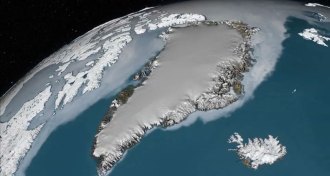 Earth
EarthGreenland may have another massive crater hiding under its ice
There may be yet another large crater buried beneath Greenland’s ice sheet. But it’s probably not related to the first one found last year.
-
 Tech
TechRobots are becoming classroom tutors. But will they make the grade?
Educational robots show promise for helping kids in the classroom or at home, but researchers are still figuring out how these bots should behave.
-
 Health & Medicine
Health & MedicineCongo’s Ebola outbreak is a testing ground for new treatments
The first multidrug clinical trial of Ebola treatments is underway amid an outbreak in Congo.
-
 Archaeology
ArchaeologyThe spread of Europe’s giant stone monuments may trace back to one region
Megaliths spread across the continent due to seafarers’ influence, researcher says.
By Bruce Bower -
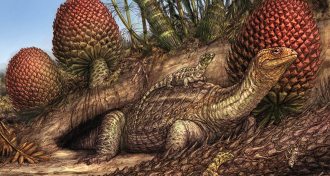 Animals
AnimalsA rare, ancient case of bone cancer has been found in a turtle ancestor
A 240-million-year-old fossil reveals the oldest known case of bone cancer in an amniote, a group that includes mammals, birds and reptiles.
-
 Artificial Intelligence
Artificial IntelligenceReaders marvel at AI, space missions and wombat poop
Readers had comments and questions about defining artificial intelligence, the New Horizons space mission and more.
-
 Neuroscience
NeuroscienceBrain discoveries open doors to new treatments
Editor in Chief Nancy Shute discusses the history of neuroscience and new techniques scientists are using to influence the brain.
By Nancy Shute -
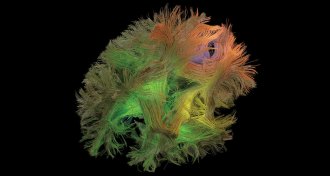 Health & Medicine
Health & MedicineBrain-zapping implants that fight depression are inching closer to reality
Researchers are using electric jolts to correct the faulty brain activity that sparks depression.
-
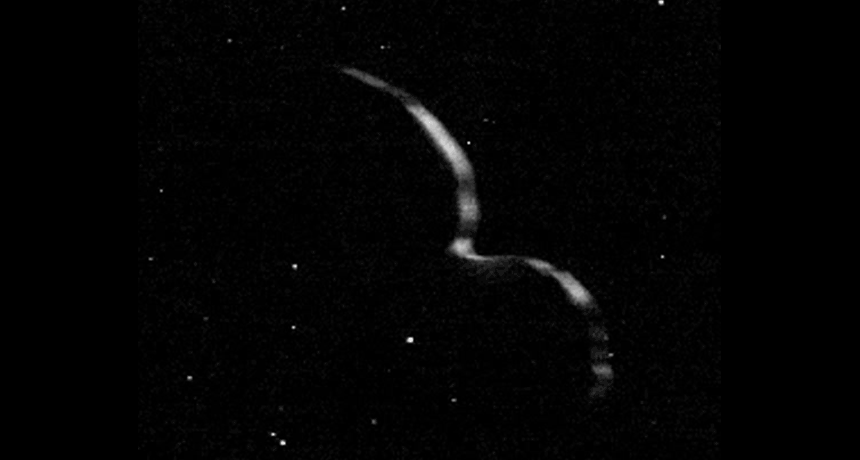 Astronomy
AstronomyUltima Thule is shaped like two lumpy pancakes
Scientists are rethinking the shape of the space rock, once thought to be a snowman.
-
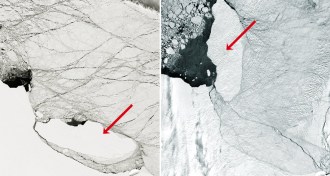 Climate
ClimateAn Antarctic expedition will search for what lived under the Larsen C ice shelf
The fourth attempt to investigate the seafloor once hidden by the Larsen C iceberg may have the best chance yet of success.
-
 Neuroscience
NeuroscienceBrain scans decode an elusive signature of consciousness
Newly described patterns of brain activity may help reveal the level of awareness in people with brain injuries.